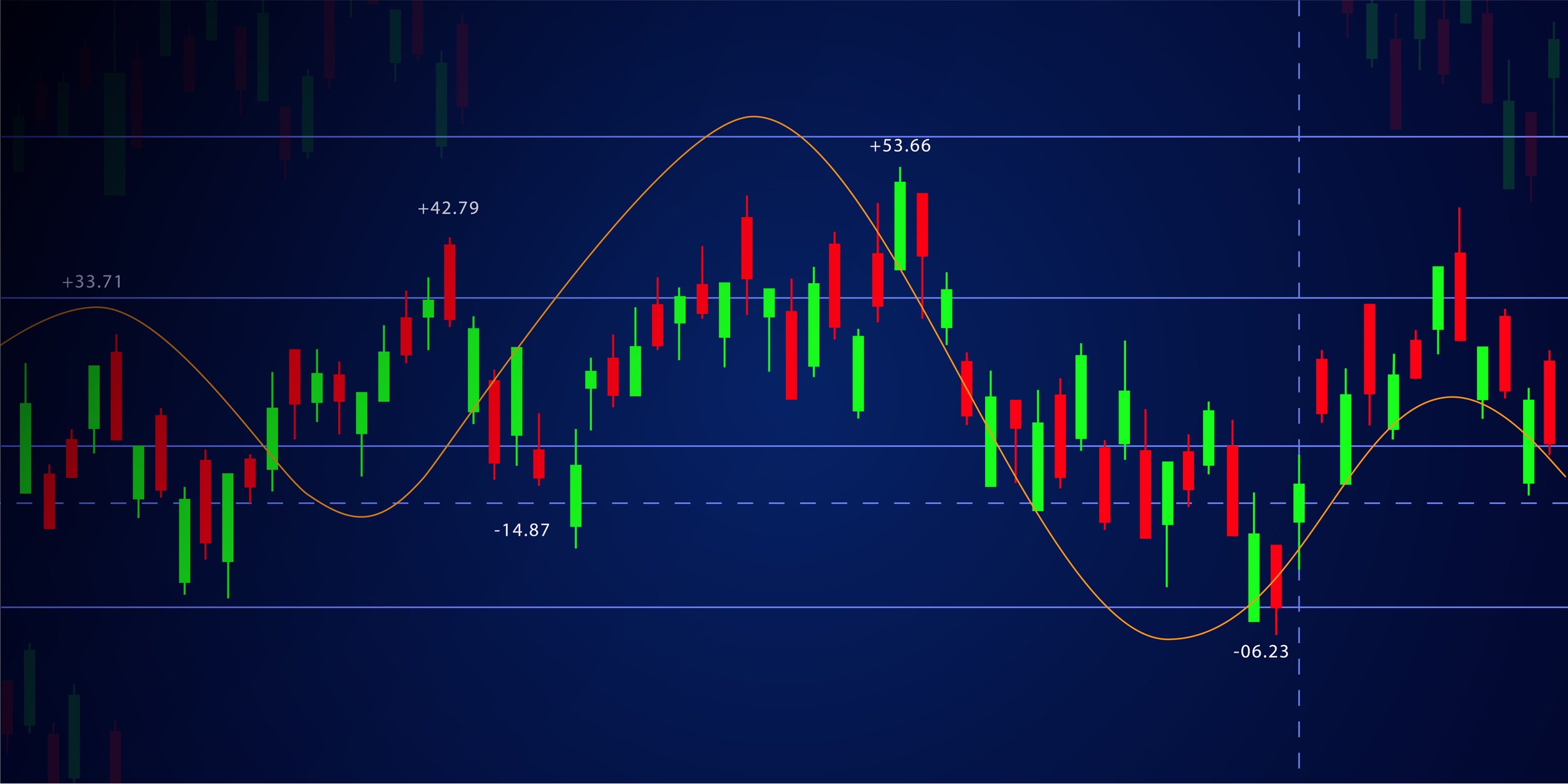
Personal Financial Planning
We recently hosted a market update for our clients. It turned out to be a timely discussion on the state of the markets.
We went through examples of a few market downturns. They’re usually short lived, are normal, and it is rewarding to have a long-term outlook on our investments.
At the end there was a very insightful question: “I get the long term-outlook, but when do I think about the short term?”
The “long-term focus” advice is certainly helpful when your younger and have many years before you need to spend your investments. But it rings hollow if you’re in near the time when you’ll need your investments for income or a large purchase.
It helps to reorient our focus on the purpose of saving, investing, or even building up a business. Someday, we went to use it. There are only two things that can happen to dollars we save today. We can spend it later or someone else will.
There are folks that are perfectly capability of disciplined savings and investing with little help. But what to do as you approach the time in your life when you need to spend your life savings is much less clear.
Here are a few of the examples of strategies we use to helps our clients prepare to spend their investments.
- Bucketing. This is putting a percentage of our investment into three buckets. One is putting 2-3 years of income into cash or short-term gov’t bonds that will hold value. The second would be a moderate portfolio for years 3-10. And a more aggressive allocation for years 10 plus. Then you would rebalance your buckets over time.
- A Glide Path: This would be the strategy of a target date fund, popular in 401ks. As you approach Retirement, the fund gradually reduces stock allocation and increase bond allocation.
- Volatility buffer: this is the practice of building a portion of your savings into something that is not correlated with the stock market. Three examples are Cash, cash value life insurance, and a reverse mortgage. You spend from your investments unless you’re in a down market. In that case, you would use your buffer asset.
If you haven’t set up a review meeting yet. You can do so at this link.
www.calendly.com/andreweppes/review
|





